| Clutching My Pearls is about Jane Austen and the times she lived in. Those who speak of the past mainly to condemn but also want to rescue Jane Austen from the dustbin of history have a bit of a dilemma on their hands. Click here for the first in the series. My "Six simple questions for academics" post is here. |
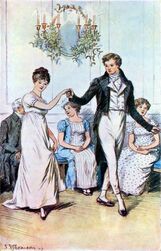 Admired by Lord de Grey
Admired by Lord de Grey Here, for example, is another novel featuring a sweet and faultless Fanny as its heroine. This story has some “remarkable similarities” to both Mansfield Park and Johnson’s essays about Misella the prostitute. But this novel does not have a radical anti-patriarchal theme, as we will see.
In Fanny, or, the deserted daughter (1792), Fanny Vincent, a girl of unknown birth (it's complicated) is raised in the home of a baronet, Sir Peter Sinclair, and is looked down upon by the baronet’s daughter...
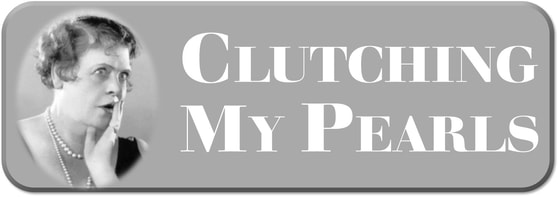
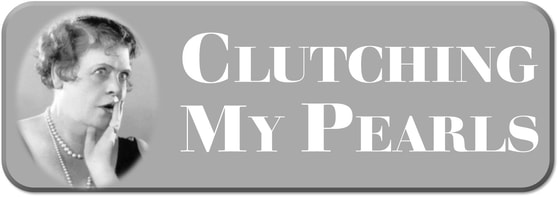

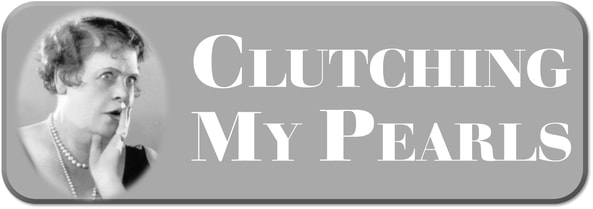

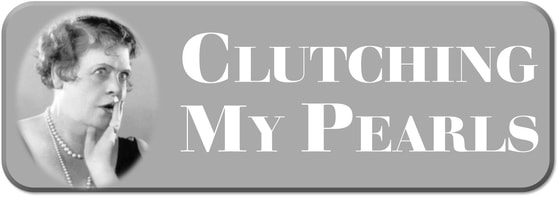

 RSS Feed
RSS Feed